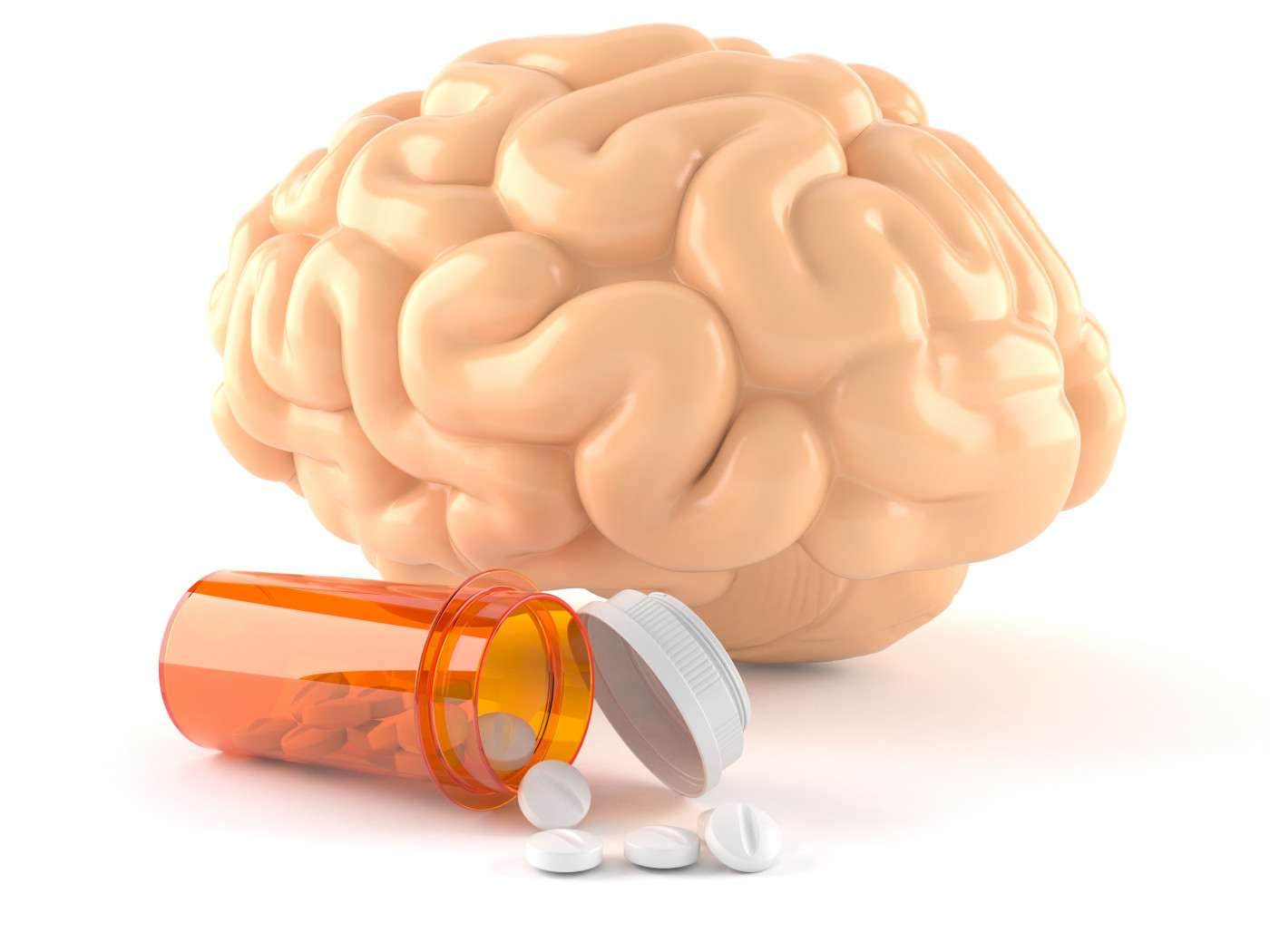Researchers Abandon Idalopirdine as Alzheimer’s Treatment After Phase 3 Failures

Another treatment has joined the long list of compounds that have failed to show effectiveness against Alzheimer’s disease.
Three Phase 3 clinical trials showed that idalopirdine was unable to improve more than 2,500 patients’ cognition.
A Phase 2 trial suggesting that the treatment was effective has led to researchers speculating about the disconnect.
But the bottom line is that the late-stage results have prompted scientists to agree that idalopirdine has no place in Alzheimer’s treatment, particularly since a similar compound — intepirdine — recently failed a Phase 3 trial.
Researchers announced the findings in an article titled “Effect of Idalopirdine as Adjunct to Cholinesterase Inhibitors on Change in Cognition in Patients With Alzheimer Disease — Three Randomized Clinical Trials.” It appeared in the journal JAMA.
The Phase 3 trials (NCT01955161, NCT02006641, and NCT02006654) tested idalopirdine as an add-on to treatment with cholinesterase inhibitors, including Aricept (donepezil), Exelon (rivastigmine), and Razadyne (galantamine).
Idalopirdine — developed jointly by Lundbeck and Otsuka Pharmaceutical — was designed to treat Alzheimer’s symptoms, and not alter the course of the disease.
The hope was that it would improve patients’ cognition by blocking a serotonin receptor, a process that would affect a range of neurotransmitters besides serotonin.
Since cognition is a complex process that involves several signaling systems, researchers hoped that idalopirdine’s broad impact would make it a good Alzheimer’s therapy.
The Phase 2 trial showed that it did improve cognition.
Researchers led by Dr. Alireza Atri at California Pacific Medical Center’s Ray Dolby Brain Health Center compared three daily doses of the treatment — 10 mg, 30 mg, and 60 mg — with a placebo. The study was double-blind, meaning that neither patients nor study staff knew which treatment patients were receiving.
Together, the Phase 3 trials included 2,525 participants with mild to moderate Alzheimer’s.
Unfortunately, six months of treatment had no effect on the cognitive processes of patients in any of the studies, researchers said.
The team admitted that there were several key differences between the Phase 3 trials and the Phase 2 study.
One was that the daily dose in the Phase 2 trial was much higher — 90 mg — and was administered in three installments. The U.S. Food and Drug Administration suggested the lowered dose levels used in the Phase 3 studies and the once-a-day regimen.
One reason for this was that side effects of the treatment were relatively common in the Phase 2 study. In addition, other research showed that idalopirdine bound to more than 80 percent of its target receptors at much lower doses, suggesting the high dose was unnecessary.
In an editorial accompanying the article, Dr. David A. Bennett of Rush University Medical Center noted that the studies did not screen participants for markers confirming that they had Alzheimer’s disease.
Modern methods allow researchers to detect harmful deposits of both amyloid beta and tau protein in the living brain, demonstrating that a patient has Alzheimer’s and can be included in a trial.
Nevertheless, it is likely that it was not these issues, but rather an inherent lack of effectiveness, that led to the results. Researchers noted that intepirdine had failed Phase 3 trials months earlier. This supported the idea that blocking the serotonin 6 receptor was simply not enough to improve cognitive symptoms.
“The lack of progress in the treatment and prevention of Alzheimer disease is frustrating for patients, families, physicians, researchers, industry, funders, and policy makers,” Bennett wrote in the editorial. This underscores the notion that understanding why these trials failed is key to future success, he said.
At the moment, researchers lack much of the insight they need on the processes that destroy cognition in Alzheimer’s and other dementias, he argued.
Bennett is optimistic, however, that research advances, particularly from more extensive funding of Alzheimer’s research, will eventually bring success.
“It is just a matter of time before that knowledge is translated into effective strategies for the treatment and prevention of Alzheimer disease dementia,” he concluded.






